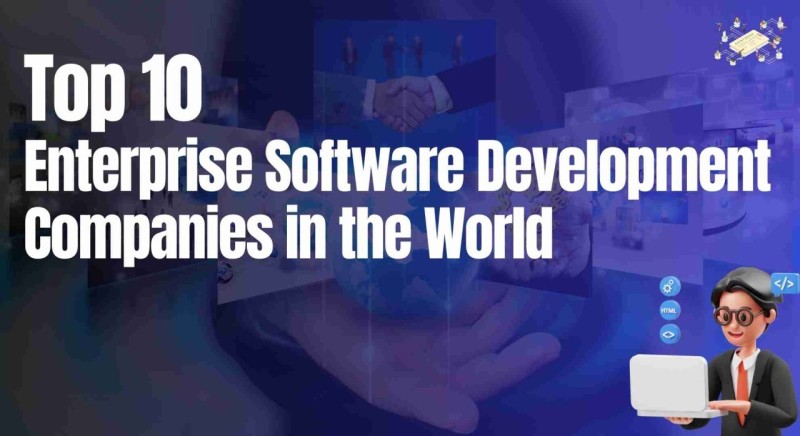Launching a startup is an exhilarating journey, but its success hinges on a well-crafted marketing strategy. In 2024, the competition is fierce, and standing out requires innovative approaches and data-driven decisions. This guide will walk you through the essentials of startup marketing, ensuring you're equipped to make an impact in the dynamic business landscape.
Understanding Your Audience in 2024

Before delving into marketing tactics, it's crucial to understand your target audience. In 2024, consumer behaviors are shaped by various factors, including technology, social issues, and economic trends. Conduct thorough market research to gain insights into your audience's preferences, values, and online habits.
Embracing Omnichannel Marketing
The digital era demands a multi-faceted approach to marketing. Omnichannel marketing integrates various channels seamlessly, providing a unified experience for consumers. From social media and email marketing to content creation and influencer partnerships, startups need to leverage multiple channels to maximize their reach and impact.
Personalized Marketing Campaigns
![]()
Generic marketing messages are a thing of the past. In 2024, personalization is key to capturing audience attention. Utilize data analytics to understand customer preferences and behavior, allowing you to tailor your marketing campaigns for a more personalized and engaging experience.
Video Marketing Dominance
Video content continues to dominate the digital landscape. Startups should invest in high-quality video production to convey their brand story, showcase products or services, and connect with their audience on a deeper level. Platforms like TikTok, YouTube, and Instagram are ideal for reaching a broad audience through visually compelling content.
Data-Driven Decision Making
In 2024, successful startup marketing relies heavily on data-driven decision-making. Analyze key performance indicators (KPIs) to measure the success of your campaigns. This approach allows you to identify what works, what doesn't, and make informed adjustments to optimize your marketing strategy continually.
Leveraging Influencer Marketing
Influencer marketing remains a potent tool for startups to enhance their reach and credibility. Identify influencers relevant to your industry and collaborate on campaigns that align with your brand values. The authentic endorsement of influencers can significantly impact your startup's visibility and reputation.
SEO and Content Marketing Integration

Search engine optimization (SEO) and content marketing go hand in hand in 2024. Create high-quality, relevant content that resonates with your audience while optimizing it for search engines. This synergy not only improves your website's visibility but also establishes your startup as an authoritative voice in your industry.
Community Engagement
Building a community around your brand is essential for long-term success. In 2024, startups should focus on fostering meaningful interactions with their audience. Utilize social media groups, forums, and other community platforms to engage with your customers, address their concerns, and create a loyal fan base.
Incorporating Augmented Reality (AR) and Virtual Reality (VR)
The integration of AR and VR technologies provides immersive experiences for consumers. Startups can leverage these technologies for interactive product demonstrations, virtual try-ons, or creating unique brand experiences. This innovative approach sets your startup apart and enhances consumer engagement.
Performance Metrics for Success
Understanding the performance metrics of your marketing campaigns is crucial for refining strategies and maximizing ROI. Track metrics such as conversion rates, customer acquisition costs, and social media engagement to gauge the effectiveness of your efforts and make data-driven adjustments.
User-Generated Content Campaigns

Encourage your audience to create content related to your brand. User-generated content (UGC) campaigns not only foster community involvement but also provide authentic endorsements. Share UGC on your platforms, showcasing real experiences with your products or services.
Sustainable and Socially Responsible Marketing
In 2024, consumers are increasingly drawn to socially responsible brands. Incorporate sustainability and social responsibility into your marketing strategy. Showcase eco-friendly practices, ethical sourcing, or philanthropic initiatives to resonate with socially conscious consumers.
Collaborative Marketing Initiatives

Collaborate with other startups, businesses, or influencers in mutually beneficial campaigns. Joint ventures amplify your reach and introduce your startup to new audiences. Strategic collaborations can lead to cross-promotional opportunities, expanding your market presence.
Conclusion
As you navigate the dynamic world of startup marketing in 2024, embracing innovation, data-driven decision-making, and a customer-centric approach are paramount. Stay agile, adapt to emerging trends, and consistently evaluate your performance metrics to ensure your startup not only survives but thrives in the competitive business landscape.
FAQs
Q. How can I identify the right influencers for my startup?
Ans: Look for influencers whose audience aligns with your target market, and ensure they genuinely resonate with your brand values.
Q. What tools are best for tracking performance metrics?
Ans: There are various analytics tools available; Google Analytics, HubSpot, and SEMrush are popular choices for startups.
Q. Is video marketing suitable for all types of startups?
Ans: Absolutely! Video marketing is versatile and can be adapted to suit the unique needs and offerings of different startups.
Q. How do I build a community around my brand?
Ans: Utilize social media, create forums, and host events to foster engagement. Consistent and authentic interactions will help build a community.
Q. Are augmented reality and virtual reality expensive to implement for startups?
Ans: The cost varies, but there are affordable solutions available. Start with small, impactful experiences and scale as your startup grows.







